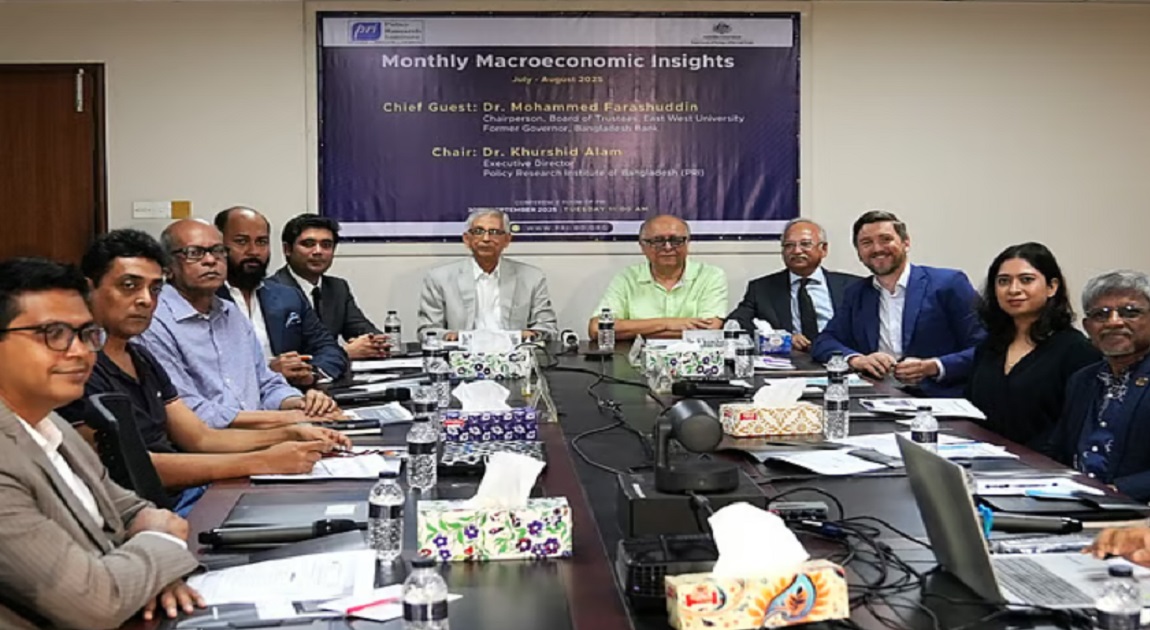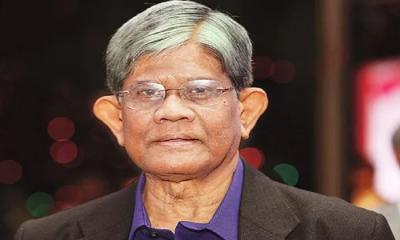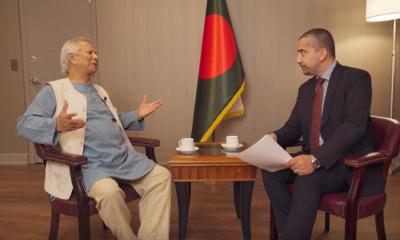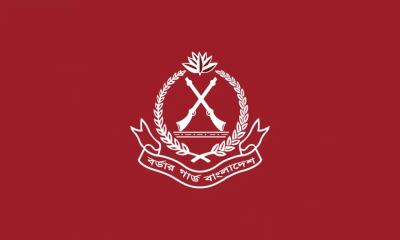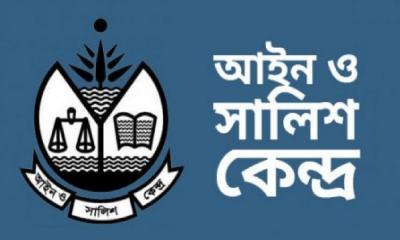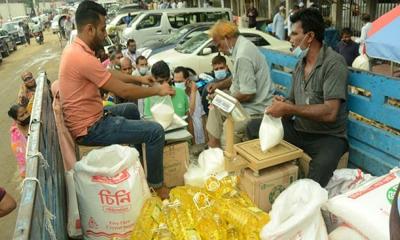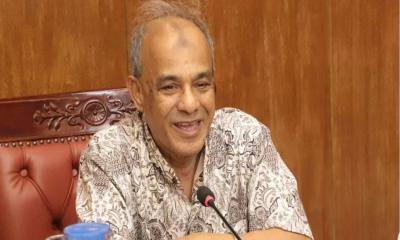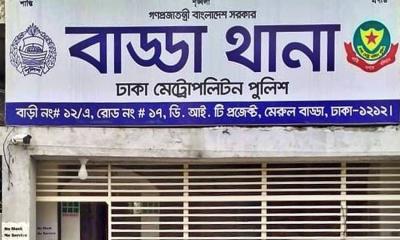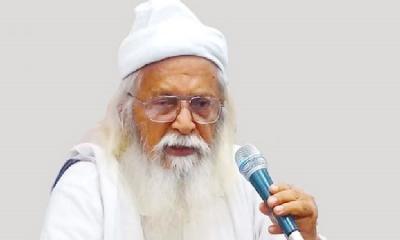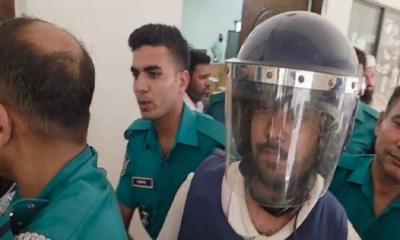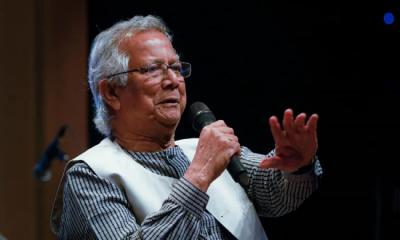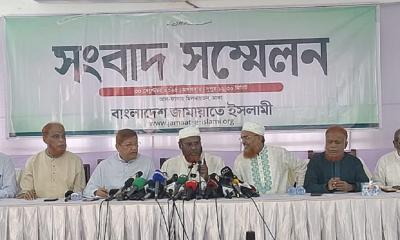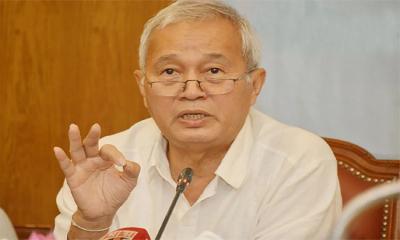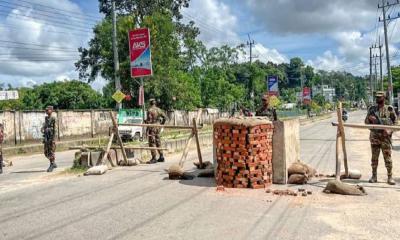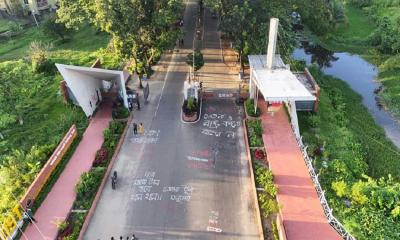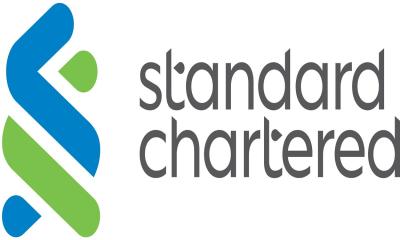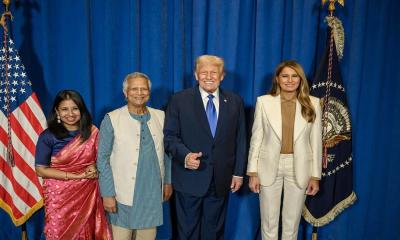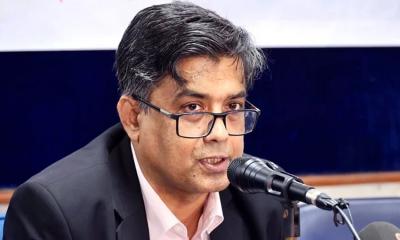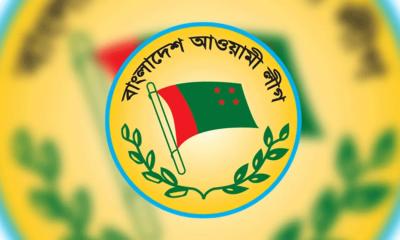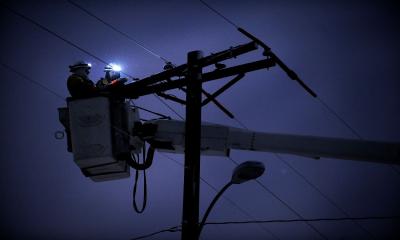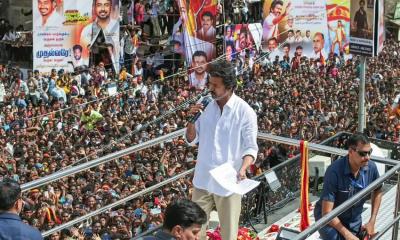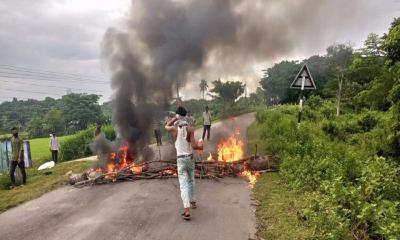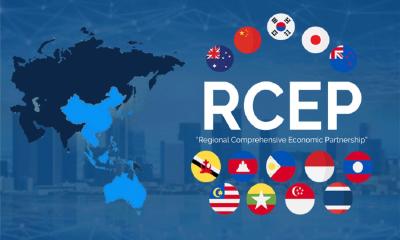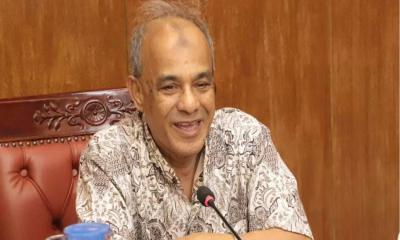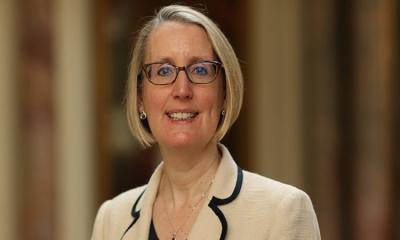Former Bangladesh Bank governor Mohammed Farashuddin has said that several powerful corporations in the country are operating like the historical East India Company and must be brought under strict punishment.
Speaking at a Policy Research Institute (PRI) event on macroeconomic analysis held in Banani, Dhaka, on Tuesday, Farashuddin noted that 10 to 15 such “East India Company-type” groups have already been identified.
He stressed that it is not enough to just freeze their assets — those resources must be recovered and returned to the state treasury.
Farashuddin also cautioned against indiscriminate bank account freezes, arguing that family members of corrupt individuals should not have their accounts seized if they are not directly involved.
“This practice may reduce public trust in the banking system,” he warned, urging the government to limit such measures to a handful of identified offenders.
Referring to widespread corruption during the previous government’s tenure, Farashuddin said, “There is no doubt that massive corruption took place, but we must not lose hope.
The current government is still on the right path and must act boldly to strengthen Bangladesh Bank and increase tax collection.”
He criticized the role of bank directors, pointing out that instead of focusing on policymaking, they often push for loan approvals. He recommended a clear separation between lending activities and board-level policy decisions.
Other participants at the PRI event echoed concerns about the economy. Kamran T. Rahman, president of the Metropolitan Chamber of Commerce and Industry (MCCI), observed that while the economy remains stable, growth has slowed, private investment is far below expectations, and inflation remains a major challenge.
Former Dhaka Chamber of Commerce president Rizwan Rahman said money laundering remains rampant.
“Thousands of people who fled abroad had already secured permanent residence there. They are now siphoning money out of the country,” he remarked.
Khondaker Sakhawat Ali, visiting research fellow at BRAC Institute of Governance and Development (BIGD), stressed that Bangladesh Bank must be allowed to operate independently to curb money laundering and ensure economic governance.
“Those who are laundering money are part of our own civil society,” he said, questioning why the state cannot stop them.


